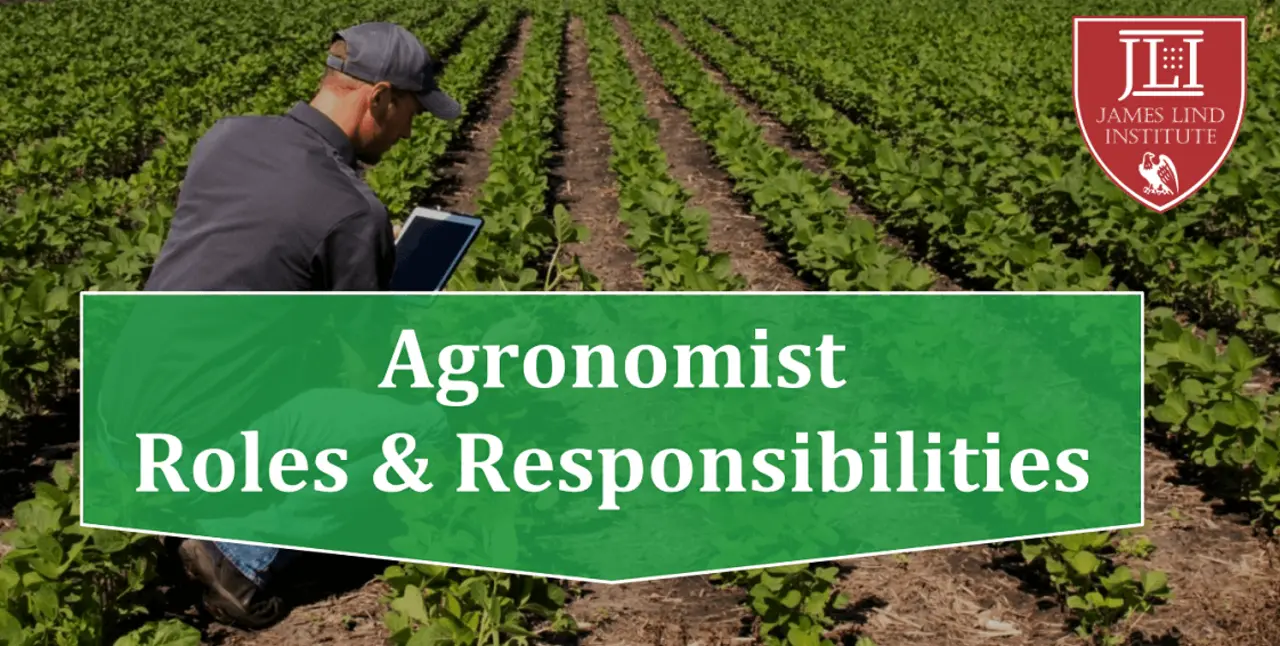Exploring the Impact of an Agriculture Officer on Rural Communities
Agriculture officers play a vital role in rural communities. They are responsible for providing advice and assistance to farmers and other members of the rural community. They are also responsible for implementing government policies and regulations related to agriculture. They are the link between government and rural communities, ensuring that the needs of both are met.
Developing Sustainable Farming Practices
Agriculture officers play a key role in developing sustainable farming practices in rural areas. They work with farmers to help them understand the importance of sustainable farming and how it can help them increase their yield and reduce their environmental impact. They provide advice on topics such as crop rotation, water conservation, and soil management. They also help farmers access resources such as grants, loans, and technical assistance.
Providing Support to Farmers
Agriculture officers are also responsible for providing support to farmers when they face difficult challenges. This can include providing advice on how to deal with pests and diseases, helping farmers access appropriate insurance and financial services, and providing assistance with farm challenges such as soil erosion, water management, and crop failure.
Educating the Community
Agriculture officers are also responsible for providing education to rural communities about the importance of agriculture and the need to promote sustainable farming practices. They work with local schools to provide educational programs for students about the importance of agriculture and the need to protect the environment. They also work with farmers and other members of the rural community to provide information about new technologies and farming practices that can help increase yields and profits.
Promoting Food Security
Agriculture officers also play an important role in promoting food security in rural communities. They work with farmers to ensure that they have access to the resources they need to produce food in a sustainable manner. They also work with government agencies and local organizations to ensure that food is distributed to those in need.
Monitoring and Evaluating Programs
Finally, agriculture officers are responsible for monitoring and evaluating the effectiveness of programs related to agriculture. They work with government agencies to ensure that programs are properly implemented and are meeting the needs of farmers and other members of the rural community. They also provide feedback and evaluation of government policies and regulations related to agriculture.
Understanding the Essential Role of an Agriculture Officer in Ensuring Food Security
Agriculture officers are an integral part of the global food system. They play a key role in helping to ensure the availability of safe and nutritious food for everyone. This is especially true in regions where food insecurity is an issue. Their importance cannot be overstated, and their impact on the food security of a population is tremendous.
Agriculture officers are responsible for the management and protection of the land and its resources. This includes monitoring and analyzing the soil, water, and air quality, as well as the health of plants and animals that are part of the food system. They are responsible for ensuring that the land is suitable for agricultural production, and that it is managed in a sustainable way.
Agriculture officers are also responsible for the implementation of agricultural policies and regulations. They must ensure that the land is used in a legal and ethical manner, and that all regulations are followed. They may need to inspect farms and other agricultural facilities to ensure that they comply with the regulations. In some cases, they may even be required to enforce the regulations.
Agriculture officers are also responsible for providing technical advice and guidance to farmers and other stakeholders. This includes advice on crop production, livestock management, and food safety. They must be knowledgeable about the latest technologies and techniques available for improving agricultural productivity and food security.
In addition to technical advice, agriculture officers are also responsible for promoting food security through public awareness and education. They must be able to communicate effectively with the public and other stakeholders to raise awareness of the importance of food security and the role that agriculture plays in achieving it. This includes providing information on food safety, nutrition, and sustainable agricultural practices.
The role of an agriculture officer is essential to ensuring food security. They are responsible for the management and protection of the land and its resources, the implementation of agricultural policies and regulations, and providing technical advice and guidance to farmers and other stakeholders. They are also responsible for promoting food security through public awareness and education. Without their dedication and expertise, food security would be at risk.
